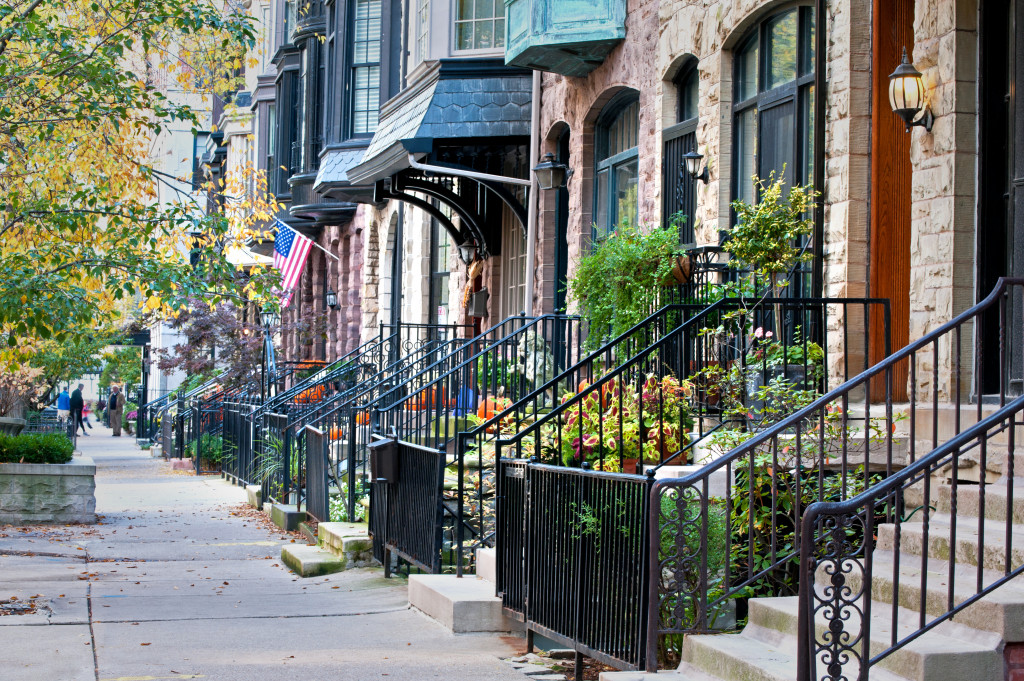- Understanding property law is crucial for resolving neighborhood disputes and protecting homeowner rights and responsibilities.
- Legal professionals can provide valuable advice and representation in property-related disputes or personal injury cases.
- Mediation services offer a non-confrontational resolution to neighborhood disagreements facilitated by a neutral third party.
- Small claims court presents a simple, affordable legal solution for disputes involving minor damages or losses.
- Numerous community, state, and legal resources are available to assist individuals in navigating neighborhood disputes and injustices.
When living in a neighborhood, disputes and injustices are an inevitable part of life. From noisy neighbors to property damage, these conflicts can disrupt your peace.
While turning to legal solutions may seem drastic, knowing your rights as a homeowner or tenant is essential. This blog will explore legal solutions and resources for neighborhood disputes and injustices.

Understanding the Law
As a homeowner or tenant, it is crucial to understand your rights and your responsibilities. The law outlines clear boundaries and expectations for behavior in a residential area. Property law is one of the most significant laws that come into play in neighborhood disputes. This area of law deals with property ownership, damage, and trespassing. Knowing how to protect your property and your rights under this law is vital.
Work with Professionals
It is essential to work with professionals with property law experience if you find yourself in a neighborhood dispute. Real estate lawyers specialize in dealing with property-related issues and can provide valuable advice on handling your situation legally. Similarly, if your neighbor’s dog bites you while jogging in the neighborhood, you should consult a reputable dog bite lawyer. The lawyer can assess your case and help you seek compensation for damages and injuries. Working with professionals not only ensures that you receive proper legal guidance but also helps to resolve issues promptly and efficiently.
Know Your Options
There are various legal solutions available for neighborhood disputes and injustices. These include mediation, arbitration, and litigation. Mediation involves a neutral third party who helps both parties agree through peaceful communication and negotiation.
Mediation Services
Mediation is a legal solution that can help you resolve disputes without needing a court hearing. Mediation services can be a valuable resource for neighborhood disputes, as they aim to find a mutual agreement between the parties rather than taking sides.
Professional Mediators
Community organizations and legal firms trained in mediation usually offer these services. Professional mediators can help you and your neighbor sit down and discuss the issues, find common ground, and agree on a resolution.
Facilitate Dialogue
The mediation process typically involves a series of face-to-face or virtual meetings, during which the mediator facilitates dialogue between the conflicting parties. The mediator’s role is not to make decisions or impose solutions but to guide the discussion productively and respectfully. This neutral party ensures everyone’s views are heard and understood, fostering an environment conducive to negotiation and compromise.
Small Claims Court
Small claims court is another legal solution for neighborhood disputes and injustices. This court handles disputes that involve small amounts of cash. If the damages or loss incurred in the dispute are below a certain amount, you can file a claim in small claims court. The court can then examine the matter and make a legally binding decision.
Simple and Affordable
One advantage of small claims court is its relative simplicity and affordability. Unlike most legal proceedings, cases in small claims court are typically straightforward, requiring less time and fewer resources. This is because these courts are designed to be accessible to the general public, including those who do not have legal representation.
Economical
Additionally, the filing fees are generally low, making the process more economical for claimants. However, it’s essential to understand that the decisions made in small claims court are final and can only be appealed under particular conditions.

Resources
There are various resources available to help you navigate neighborhood disputes and injustices. Community organizations and legal aid clinics can provide you with advice and assistance. Additionally, state and local governments have ordinances to deal with neighborhood disputes.
Handle Disputes
By taking the time to research and understand your rights, you can effectively handle any neighborhood disputes or injustices that may arise. Don’t hesitate to seek legal guidance and support when needed, as it can help protect your rights and ensure a peaceful resolution for all parties involved.
While neighborhood disputes and injustices can affect your peace, seeking legal solutions should be a last resort. Understanding the law, mediating with the other party, and seeking small claims court are alternatives to legal action. However, if legal action is necessary, it is essential to consult an attorney and understand the risks involved. Resources are available to help you navigate these situations, and it is crucial to take advantage of them. By knowing your rights and responsibilities and seeking legal solutions when necessary, you can ensure justice and peace in your neighborhood.






